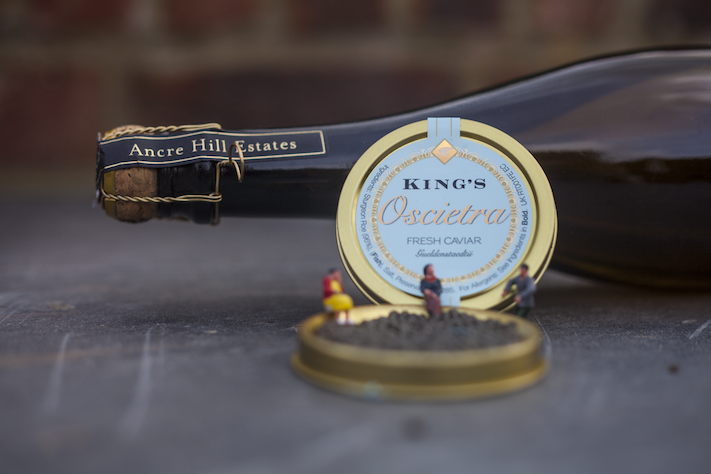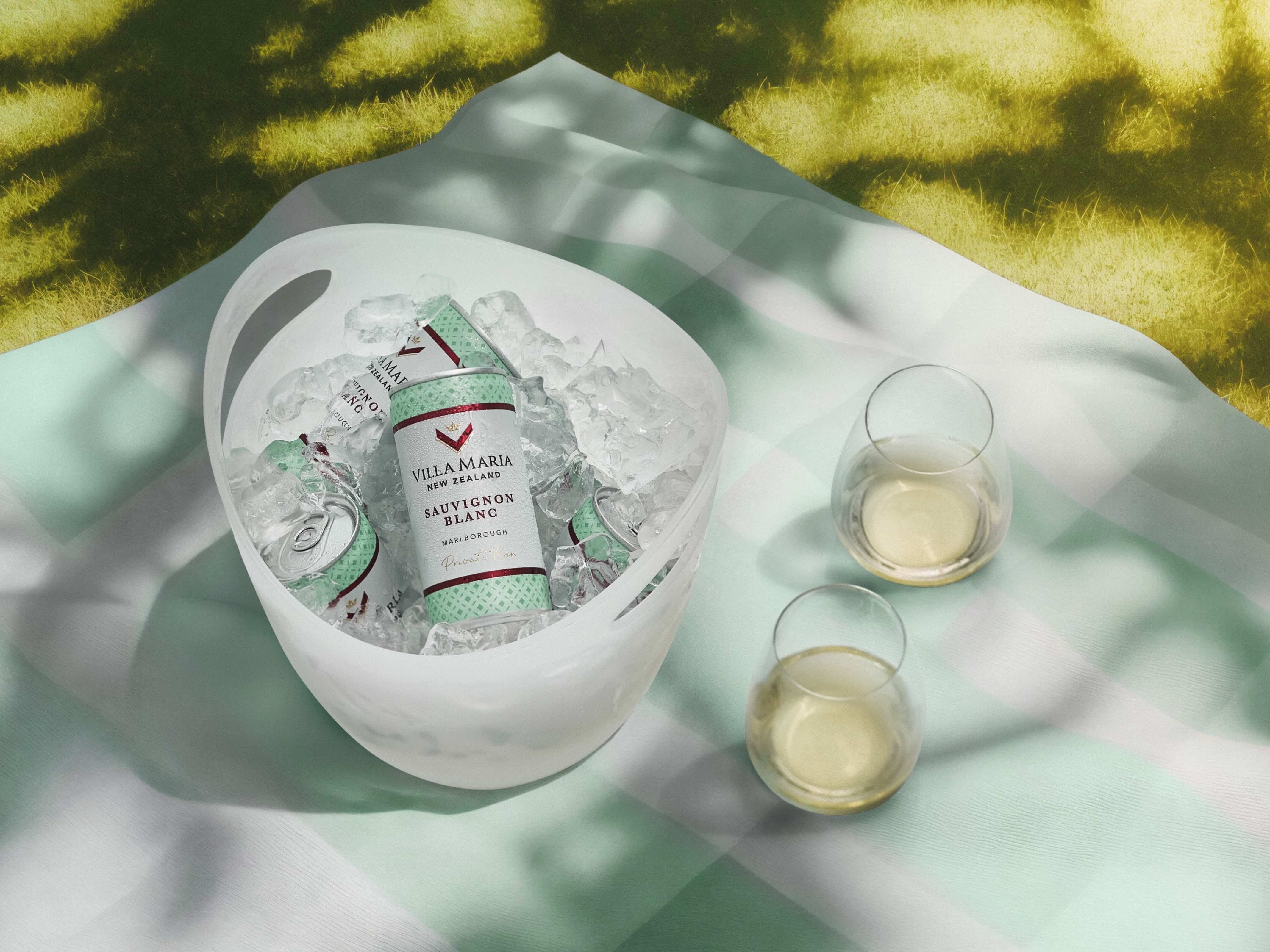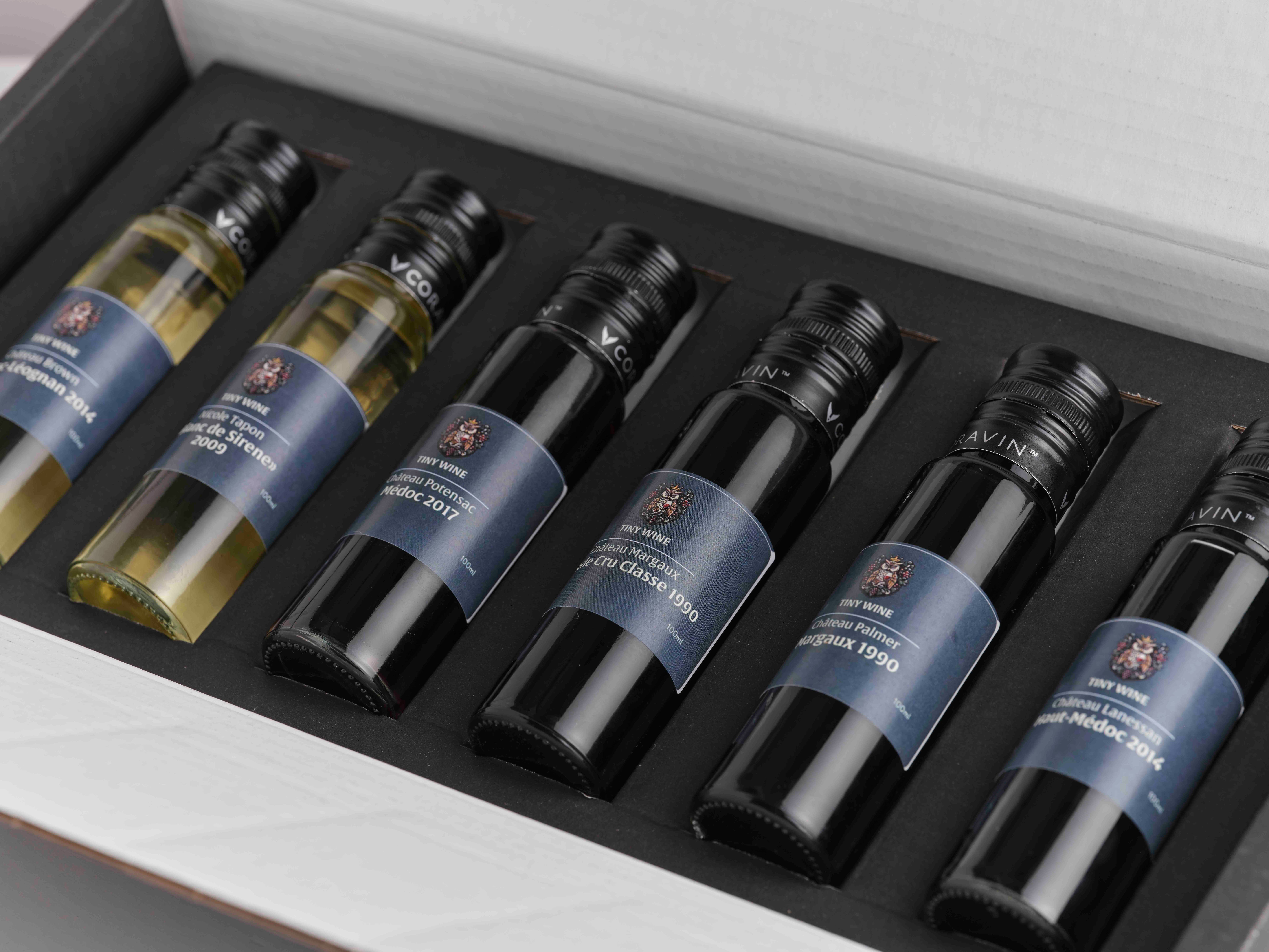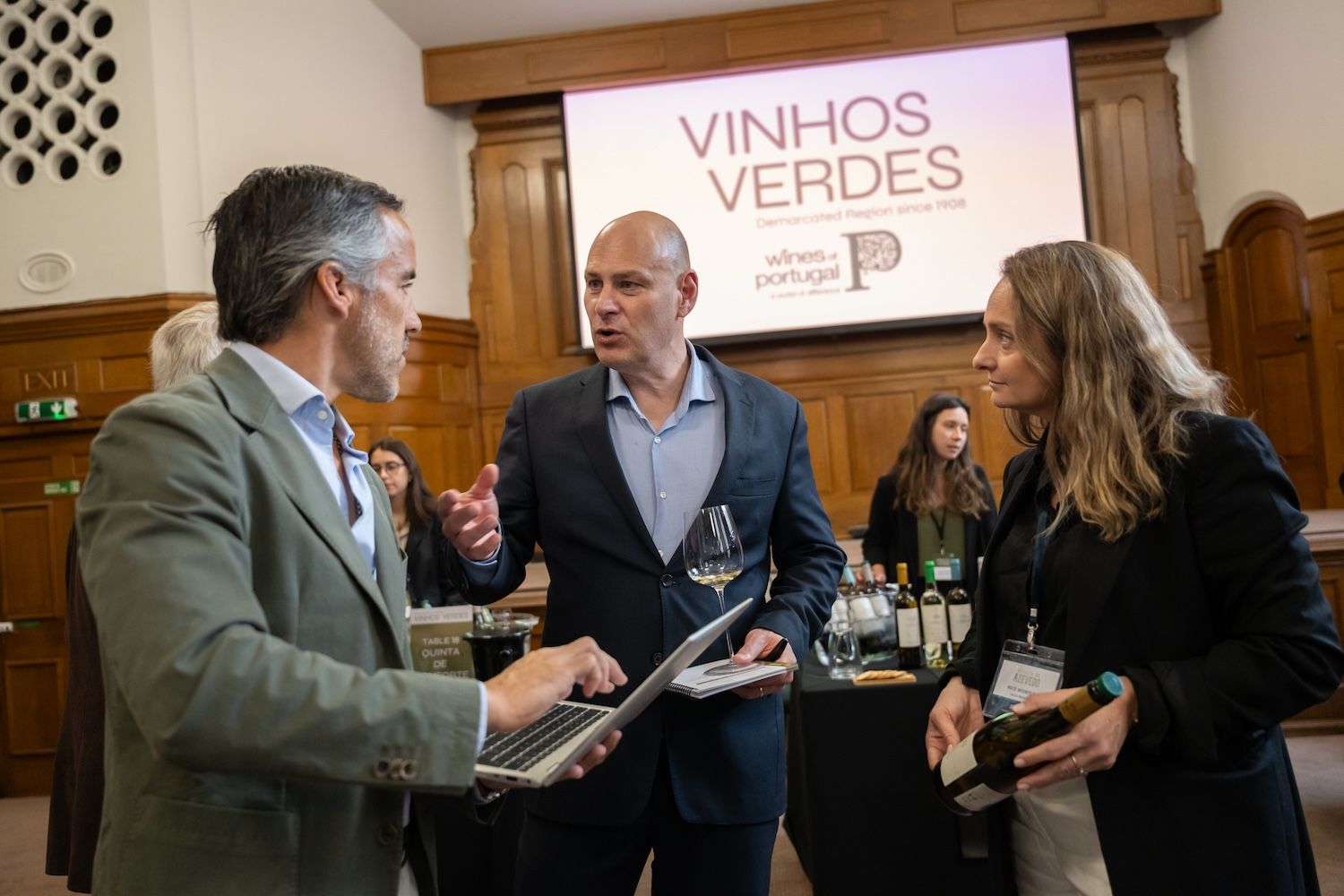Why the Welsh will soon be adding the name Ancre Hill to the Welsh dictionary alongside Barry John, Gareth Edwards, Tom Jones, Gareth Bale… and Roger Jones, of course.
The success of English sparkling wine is pretty clear but, quietly under the radar over the border in Wales, a star has risen.
Similar to cricket – where the Wales part of the English & Wales cricket team is kept silent – it seems that Ancre Hill Estates has risen from the Ashes to showcase the very best that England and Wales can produce.
Established by Richard and Joy Morris back in 2006, Ancre Hill currently has two sites: the first, the original Folly View site that is at their home base of Ancre Hill, is four acres of mainly Chardonnay and Albariño; the second is a newer four acre vineyard at Newton Court Farm dedicated to Pinot Noir and Chardonnay with a further four acres to be planted shortly.
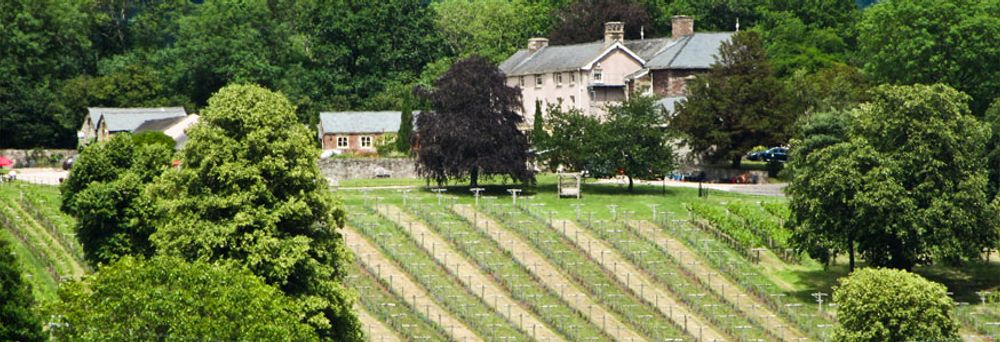
Both sites are south facing on well-draining limestone soils and the long hours of sunshine and comparatively low rainfall offers them their very own microclimate perfect for vines. Being surrounded by tree-topped hills further enhances the vineyards.
From 2011 they adopted biodynamic practices. Despite “bio” being a buzzword it is not a new concept and was proposed by the philosopher and scientist Rudolf Steiner through a series of lectures called The Agriculture Course, held in Koberwitz, Germany between the 7th and 16th of June, 1924. The course provided farmers with an alternative to the ever more industrialised nature of agriculture (even then!).
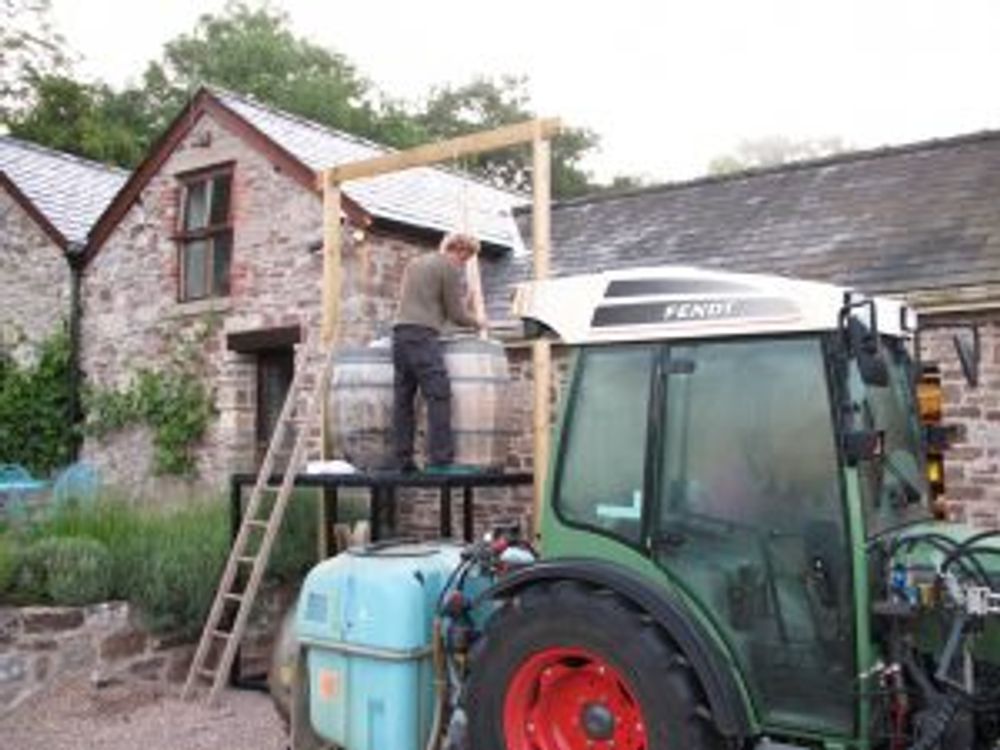
Richard Morris says “We practise farming which stays true to the principles set out by Steiner, adapted to our vineyard site for the present day.”
Since the release of their first vintage in 2008, Ancre Hill Estates has been recognised with medals in some of the top international wine competitions in the world including Decanter, IWSC, IWC and winning the Bollicine del Mondo in 2012.
In order to continue to evolve and develop their wines they built their own on-site winery, which was completed in 2015.
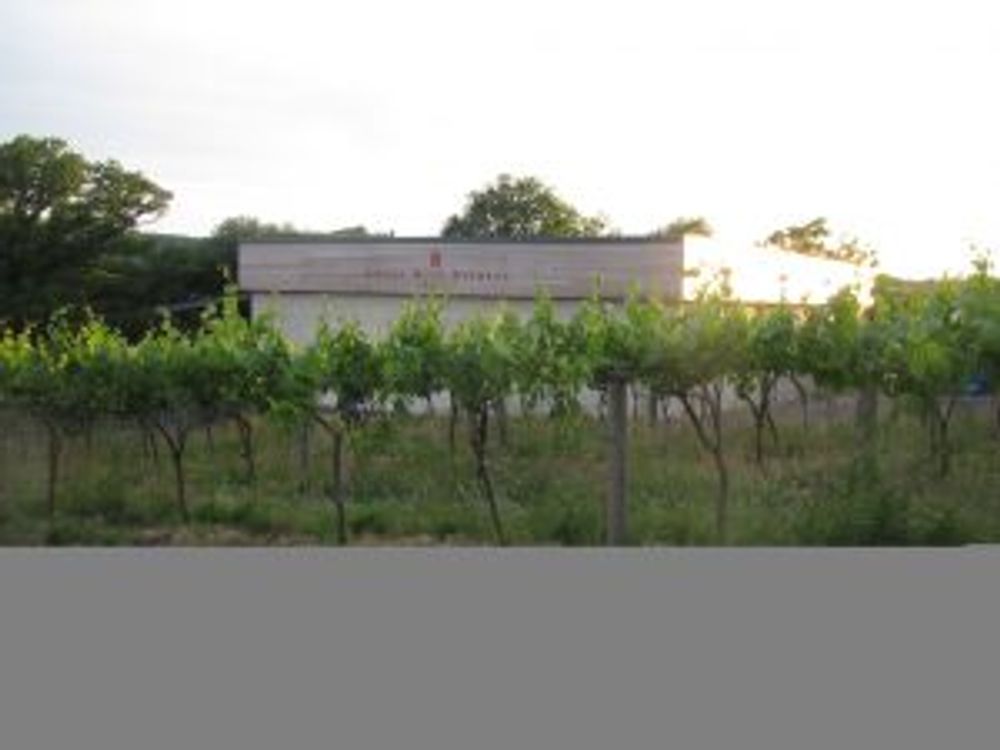
The Ancre Hill Estates Winery is an extension of their philosophy in the vineyard.
External inputs are minimal, with the implementation of several sustainable technologies. Natural materials have been used over synthetic ones wherever possible with the walls constructed from straw bales and a living, green roof, providing temperature and humidity regulation.
Wastewater is treated by a series of ecological pools and plantings, which also provide many of the plants, used in the tisane treatments for the vineyard.
I have known the Morris family for many years and followed their footprint with great interest, not least in the knowledge that we can serve Welsh sparkling wine at our children’s weddings, whenever that may be.
The style of their wines continues to evolve, with small batch fermentations now occurring almost entirely in oak barrels and concrete cuvées. Fermentations are solely carried out by wild yeasts and bacteria with the avoidance of filtration and fining for the finished wines wherever possible.
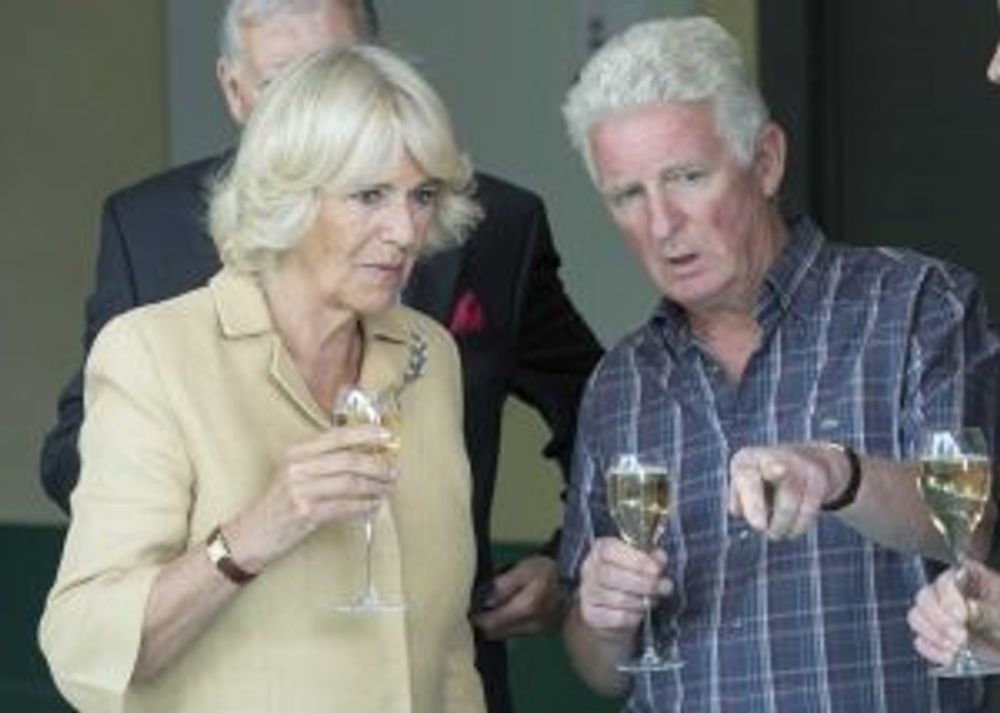
Richard Morris gives HRH Duchess of Cornwall a tour of Ancre Hill Estates
Richard and Joy’s son David Morris took over the wine making in 2013, having learnt his trade at some pretty serious places such as Nyetimber, Joseph Drouhin (Burgundy), Domaine Le Soula (Roussillon), David L’éclapart (Trepail, Champagne) and James Millton (Gisborne, New Zealand).
I asked David why he championed the sandstone/ mudstone feature of his land as opposed to the classical chalk of Little England
“Chalk is synonymous with wines of process such as Champagne and sherry where primary flavour is sometimes not wanted for fear it overshadows said process (i.e. flor or lees ageing).”
“We are not making our wines this way. I like our base wines to be as full of flavour as possible with phenolic ripeness being key. As such we want as rich and complex a soil as possible to facilitate this. Our Devonian age sandstone/mudstone is perfect for holding nutrients and providing some of the most diverse microbiology in the world.”
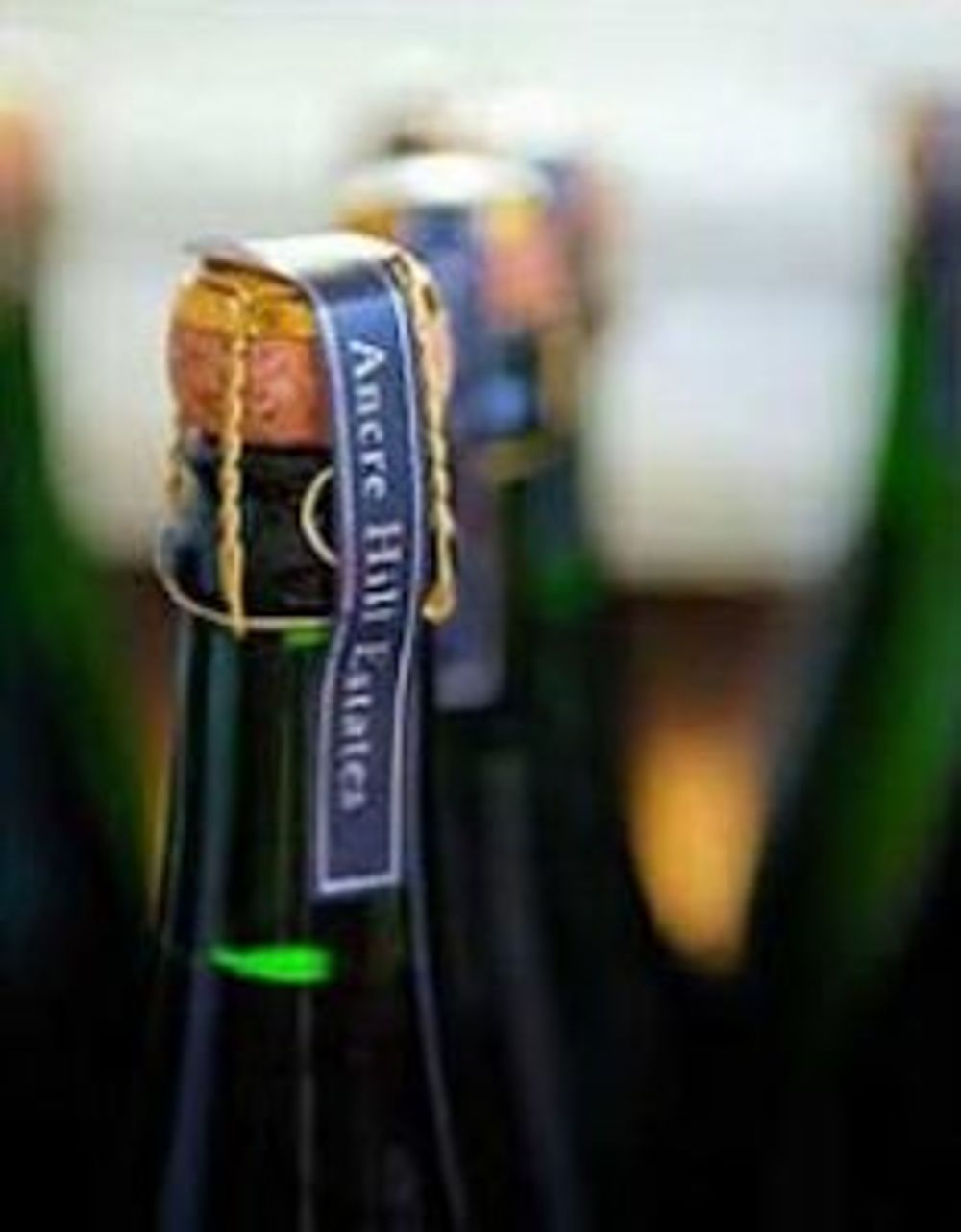
Their most recent release the Ancre Hill 2010 Blanc de Blancs is fundamentally one of the most exciting home grown sparkling wines that I have tasted.
This is a vibrant, fresh, zingy wine with tangerine notes on the nose, followed by a delicate fine sparkle with layers of fresh clean stone fruit and a very fine baked brioche background; the poise and texture are outstanding.
No it’s not Champagne, it’s better.
It has a seamless, exciting texture and class that you only find in the very finest of wines.
Of course many might just see Ancre Hills as a wine producer set up by an ex accountant, who fell into wine making as a hobby. But, rest assured, under the tutorial of young David we have not yet seen what this sparkling star in Wales can achieve.
There is no doubt that we will soon be adding the name Ancre Hill to the Welsh dictionary collection of Barry John, Gareth Edwards, Tom Jones and Gareth Bale.
